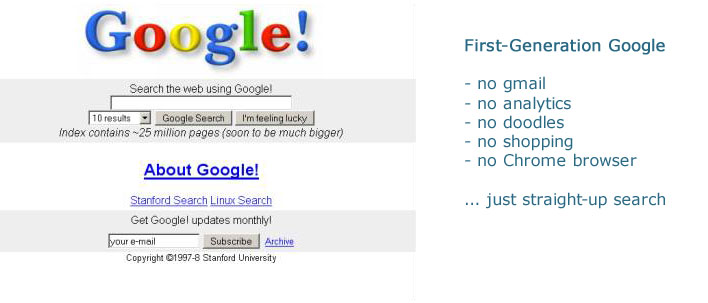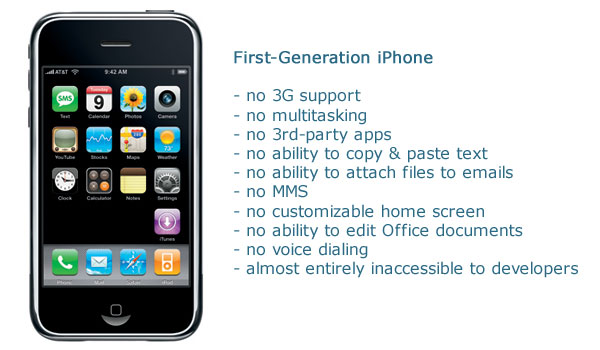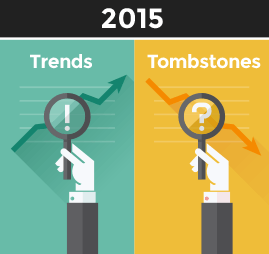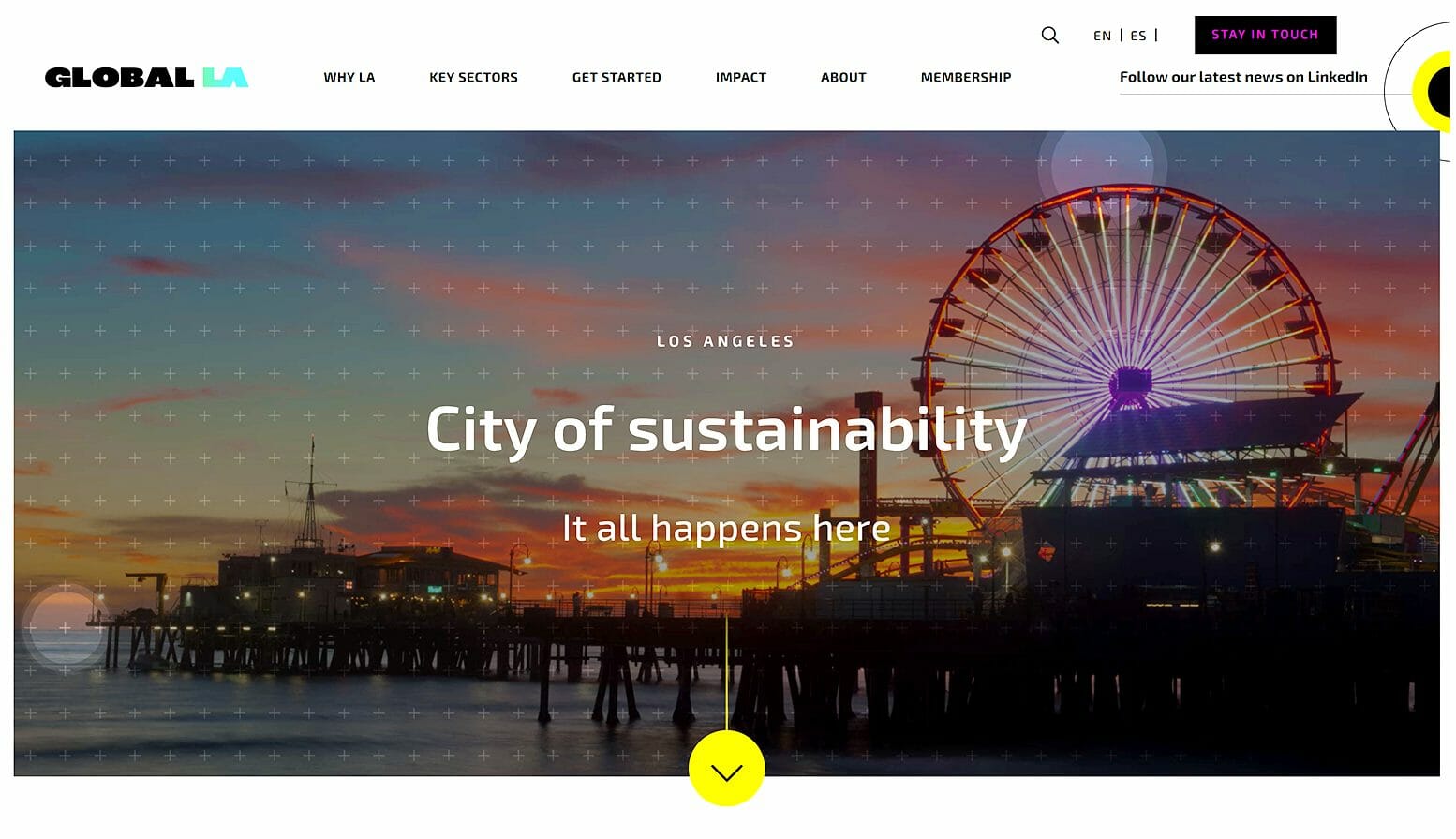10 Jul ‘13
The Importance of the MVP
10 Jul ‘13
In: Business, Mobile App Design & Development, / By: Chris Simental
If you’re an entrepreneur with a great idea, you might be inclined to think YOU are the MVP (as in, Most Valuable Player). While that may be true, there’s an even more important MVP that needs attention and that is the Minimum Viable Product.

Google’s MVP
Do you remember how simple the first version of Google was?
Obviously Google does much more than search today, but this MVP allowed them to get their core feature (search) in front of millions very quickly. It also allowed them to start gathering user search preferences to refine their product.
Apple’s MVP
As awesome and game-changing as it was, the first-generation iPhone had its shortcomings:
Apple made a conscious decision to not compete on specs, but instead, focus on getting the core experience right. That approach paid off big-time because the user experience was entirely new, well thought-out, and people loved it.
Key Points for a Successful MVP
- Focus on only the core features that make your product desirable to your audience.
- Create a working version of your core product as soon as possible so you can get people using it right away.
- Focus on functionality, not look and feel. The way your product works is much more important than how it looks. You can always finesse the visuals once you confirm your product is valuable.
- Say “no” to any new feature unless you can prove it’s valuable.
- Avoid throwing in features just because a competing product has them. If it’s not core to your product, eliminate it.
Now, go and dream up something great. Just keep it simple 🙂

Chris Simental is a creative problem-solver, tech strategist, and co-founder of RIPE, a digital agency helping mission-driven organizations streamline their workflows, optimize their websites, and make technology work for them—not against them. With nearly two decades of experience working with brands like Disney, CBS, Toyota, and American Express, he specializes in web design, UX, and automation. When he’s not tackling complex digital challenges, he’s brewing award-winning beer, making music, or reminiscing about his days as a ranch hand.
















